Adoptee Therapist Shares Six Attachment Wounds That Shape Adoption Stories
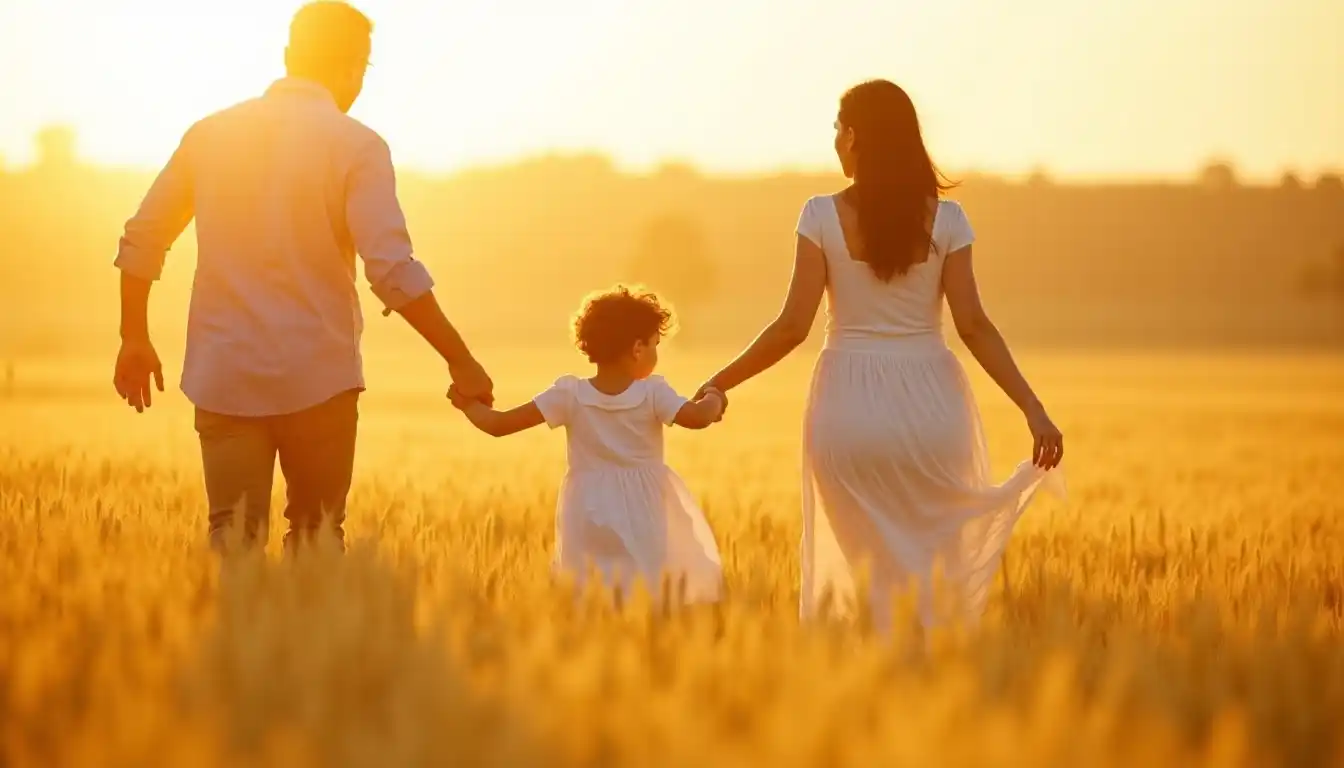
Troy Love's story defies the typical adoption narrative. Adopted at five days old into what appeared to be a loving Utah family, he experienced both the joy of being chosen and the trauma of domestic violence. Today, as a licensed therapist and author of three books on healing, Troy helps adoptees, birth parents, and adoptive families navigate the complex emotional terrain of adoption through his concept of six attachment wounds.
In this episode of Adoption Utah, host Donna Pope sits down with Troy to explore his journey from a violent home to becoming a healer, his reunion with his birth mother who lived just 15 minutes away for 37 years, and the therapeutic framework he developed to help others process adoption trauma. His insights challenge assumptions about perfect adoptive homes while offering hope for healing across the entire adoption community.
Violence Behind Closed Doors
The narrative around adoption often centers on rescue and gratitude. Adoptive parents open their hearts and homes, providing stability and love that birth parents cannot offer. Yet Troy's experience reveals a more complicated reality. His adoptive father struggled with violence, beating Troy's adoptive mother, who then turned that violence on the children. The family operated under a strict code of silence about what happened within their walls.
Despite the trauma, Troy maintains genuine love for his adoptive parents and credits them with doing their best given their own unhealed wounds. His adoptive father likely experienced abuse from his own father, perpetuating a cycle that went unaddressed due to shame and the family's reluctance to seek outside help. Research from the Netherlands found that adoptive families showed significantly less child maltreatment than expected, with risk for maltreatment among adoptive families being eight times lower than would be expected based on the frequency of adoptive families in the general population, making Troy's experience an outlier rather than the norm.
Troy's ability to hold both truths simultaneously reflects the complexity many adoptees face. The violence was real and damaging. The love was also real. Both existed in the same home, creating a confusing emotional landscape that required years of therapy to navigate. According to the Utah Department of Health and Human Services, Utah reported 44,992 live births in 2023, with adoption playing a significant role in family formation, making these nuanced conversations about adoptive family dynamics increasingly important.
Six Wounds That Need Healing
Through his work as a therapist and his own healing journey, Troy identified six attachment wounds that affect adoptees and others who have experienced relational trauma: loss, neglect, abandonment, betrayal, rejection, and abuse. These wounds shape people's understanding of themselves and their place in the world, often leading to beliefs rooted in shame rather than truth.
Adoptees carry wounds of abandonment even when their birth parents made loving, sacrificial decisions. They experience loss of biological connections, cultural heritage, and medical history. Rejection wounds emerge from feeling unwanted, regardless of the circumstances surrounding their adoption. Troy experienced all six wounds through various life experiences, from his adoption to the violence in his home to bullying in middle school about his sexuality.
The concept of attachment wounds provides language for experiences that adoptees may feel but struggle to articulate. Research from the National Center for Biotechnology Information shows that adoptees who receive support in processing these experiences experience better long-term adjustment, validating Troy's therapeutic approach of naming wounds to begin healing them.
Troy emphasizes that wounds can heal when people understand that what happened to them does not define who they are. An adoptee abandoned at birth is not inherently unworthy or unlovable. Those qualities exist independently of the circumstances that brought them into the world. Helping clients separate their experiences from their identity becomes central to the therapeutic process.
Breaking Through Shame
Shame kept Troy from discussing his desire to find his birth parents for decades. His adoptive parents never initiated conversations about searching, sending an unintended message that the topic was off limits. When Troy's younger brother attempted to discuss finding his birth mother, their father cried and asked if they thought he was a bad dad, using guilt to shut down the conversation.
This dynamic appears frequently in adoptive families where parents struggle with their own insecurity. Even the most loving adoptive parents may feel threatened by their child's curiosity about biological origins, interpreting natural questions as rejection or inadequacy. The shame adoptive parents carry about infertility or their perceived "second place" status can prevent open communication about adoption.
Troy's breakthrough came through therapy and his work with people struggling with addiction. While completing his social work internship at a drug and alcohol rehabilitation facility, he heard stories of abuse, rejection, and trauma from people whose coping mechanisms looked different from his own. The realization that he shared similar wounds, despite different outward behaviors, opened the door to examining his own past and forgiving his parents for their failures.
The path to self-love took years. Troy describes arguing with himself in the MTC about whether loving yourself was necessary to love others. A spiritual experience taught him that rejecting love from others creates a cycle where people eventually stop offering it. Learning to accept love required learning to love himself first, a process that happened incrementally through service, therapy, and reframing his self-perception. Studies show that between 77% and 100% of patients who attend regular, customized trauma therapy sessions will see a reduction in their symptoms, indicating the effectiveness of therapeutic intervention for healing trauma.
The Valentine's Day Reunion
Troy found his birth mother at age 37 through a combination of Google searches and connections. The bishop who facilitated his adoption happened to be related to Troy's birth aunt, providing the link that closed a 37-year circle. His birth mother, uncle, and her husband met him in a Layton park, creating a moment Troy describes as beautiful and full of immediate love.
The reunion carried significance beyond the personal connection. Troy learned that his birth mother looked out the window every Valentine's Day, his birthday, crying and wondering where he was. Understanding her sacrifice and the love behind her decision allowed Troy to express gratitude for the choice that shaped his life. Meeting her provided answers to questions he had carried since childhood about siblings and family resemblance.
Research on adoption reunions indicates that 65% of adopted people who met their birth mothers were still in touch with each other eight years later, with another study finding that 70% of birth mothers maintained successful relationships with their adopted children. These statistics suggest that when reunions are approached thoughtfully, they often result in lasting connections.
His birth mother had three other children, two of whom did not know about Troy's existence. The revelation created some initial challenges, particularly for the oldest child who experienced his own "demotion" similar to what Troy felt when his older sister joined his family. Eventually, Troy developed genuine friendships with his biological siblings and participated in family holidays.
Adoptive Parents Need Support Too
Troy's work extends beyond adoptees to helping adoptive parents understand the invisible wounds their children carry. Even infants adopted at birth experienced nine months in their birth mother's womb, hearing her heartbeat, voice, and breathing. The sudden absence of those familiar sensations affects infants in ways they cannot articulate or remember but that shape their attachment patterns.
Adoptive parents need to recognize that their children's struggles may stem from pre placement trauma rather than parenting failures. This understanding removes shame and blame while creating space for appropriate support. Children who act out, struggle with attachment, or ask questions about their origins are not rejecting their adoptive parents but processing their own experiences.
Troy's adoptive mother initially feared that his birth mother would replace her. The question is: "Why can't I love both of you?" shifted her perspective, helping her understand that love multiplies rather than divides. This mindset allows adoptive families to support their children's curiosity about biological origins without feeling threatened or inadequate. Research indicates that over 70% of individuals experience a traumatic event at least once in their lifetime, making trauma-informed approaches essential for adoptive families.
The adoption community benefits when all members receive appropriate support:
Birth parents need acknowledgment that their decision came from love and sacrifice
Adoptees need permission to explore their origins without guilt
Adoptive parents need reassurance that curiosity does not equal rejection
Therapists need training in adoption-specific attachment issues
Extended family needs education about supporting open adoption relationships
Utah Demographics Context
Utah's unique demographic landscape provides important context for adoption discussions. The Utah state maintains a birth rate of 13.0 per 1,000 residents in 2023, significantly higher than the national rate of 10.7 per 1,000. Additionally, Utah's teen birth rate for ages 15-19 was 8.0 births per 1,000 females in 2023, well below the national rate of 13.2 per 1,000.
The racial and ethnic composition of Utah births also influences adoption conversations. Of all live births in Utah during 2021-2023, 71.2% were White, 19.3% were Hispanic, 3.8% were Asian/Pacific Islander, 1.3% were Black, and 0.7% were American Indian/Alaska Native, according to the March of Dimes. These demographics help explain the cultural context surrounding Utah's historically high adoption rates.
Utah has historically maintained high adoption rates, with the Deseret News reporting that Utah has the nation's highest child adoption rate, largely influenced by cultural emphasis on traditional family values.
Finding Peace Through Wounds
Troy's therapeutic model centers on the concept that wounds can heal when properly tended. His faith tradition provides a framework for understanding suffering, as he believes Jesus Christ experienced all six attachment wounds in dramatic ways. This spiritual perspective offers hope that healing is possible regardless of past trauma.
The Finding Peace Workbook and his subsequent books emerged from clients asking where they could learn more about attachment wounds and healing. Troy's Year of Self Love contains 365 prompts designed to help people develop the self-acceptance he fought so hard to achieve. His work reaches beyond the adoption community to anyone carrying relational wounds from their past.
Central to Troy's message is the idea that wounds do not define identity. Being abandoned does not make someone unworthy. Experiencing abuse does not make someone damaged beyond repair. People get to choose what their experiences mean and how they move forward. This reframing separates circumstances from character, allowing healing to begin. Studies on trauma-focused therapies show effect sizes for PTSD and related conditions ranging from 0.5 to 1.5, indicating moderate to large treatment effects.
Troy emphasizes the importance of wound care and self-care as ongoing practices rather than one-time achievements. Just as physical wounds require cleaning, protection, and time to heal, emotional wounds need attention, safe spaces for processing, and patience. Creating environments where people can share their stories without judgment accelerates healing across entire communities.
Your Healing Journey
Troy's story offers hope to adoptees struggling with complex feelings about their origins, adoptive parents worried about their children's questions, and birth parents wondering if they made the right choice. His journey from violence to healing, from self-hatred to self-love, and from isolation to connection shows that transformation remains possible regardless of starting circumstances.
The adoption community strengthens when members share authentic stories that include both struggle and beauty. Troy's willingness to discuss his adoptive father's violence alongside his love for both sets of parents creates permission for others to acknowledge their own complicated realities. Adoption is neither all tragedy nor all triumph but a complex human experience deserving of honest examination.
His message to each member of the adoption constellation centers on worth and belonging. Birth parents who made sacrificial decisions deserve honor for their love. Adoptees deserve acknowledgment that their wounds are real and their questions are valid. Adoptive parents deserve gratitude for opening their hearts and homes. All deserve support in healing their wounds and building healthy connections.
Listen to this episode of Adoption Utah to hear Troy's full story and learn more about the six attachment wounds that affect adoptees and their families. Subscribe to Adoption Utah for continued conversations that honor all voices in the adoption community while exploring the complex realities facing families today.

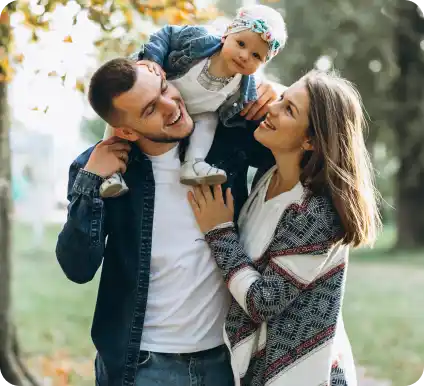
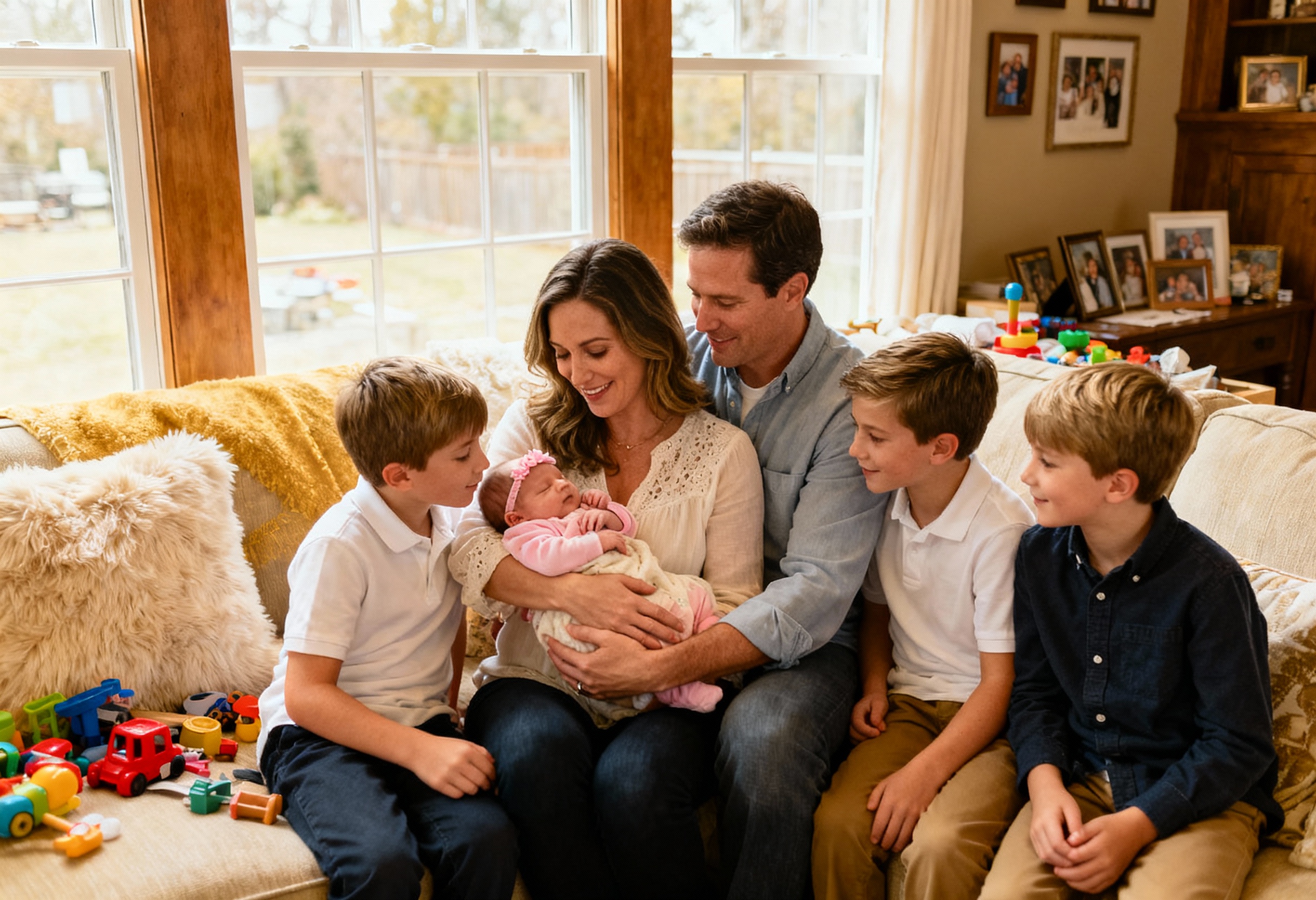

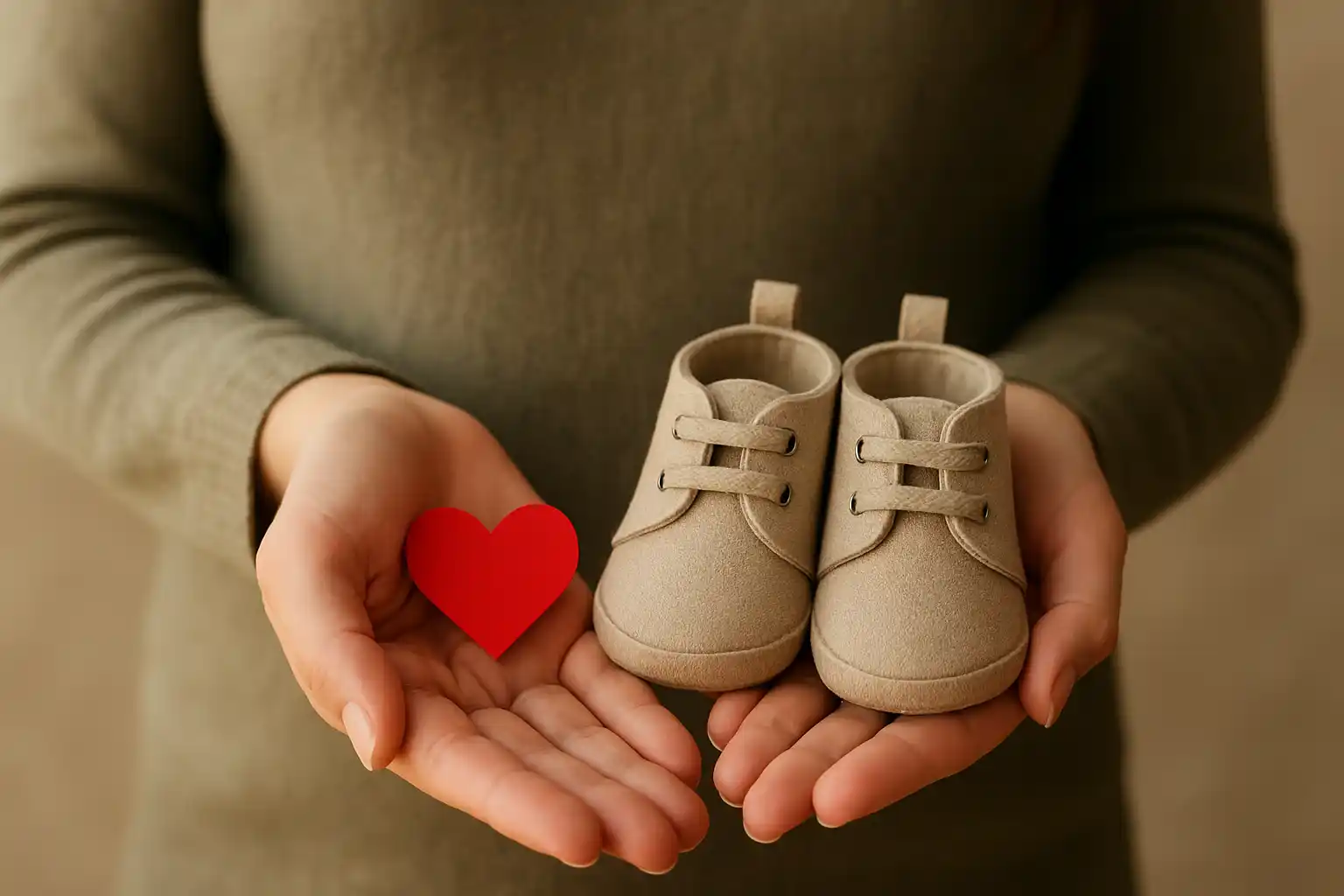
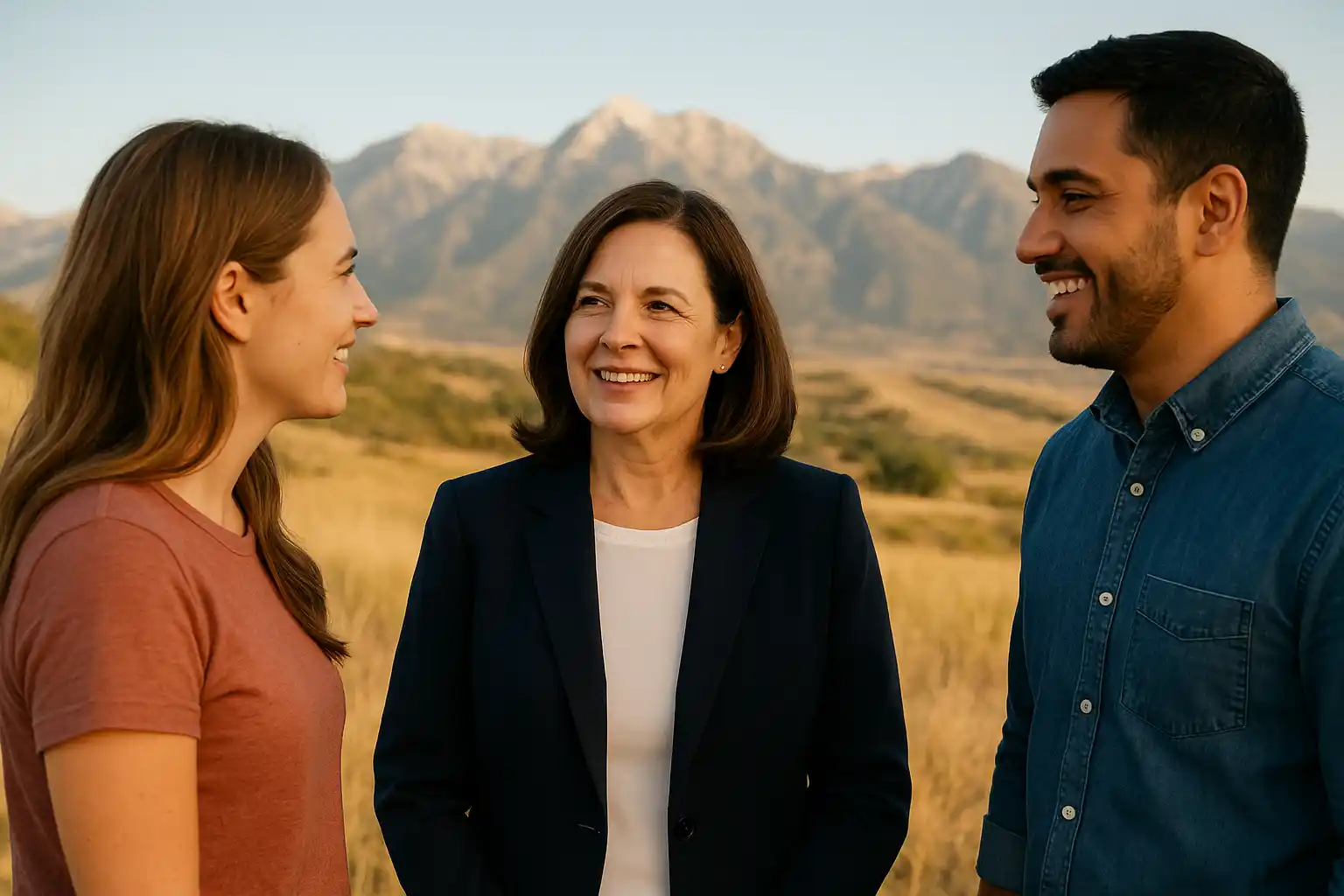
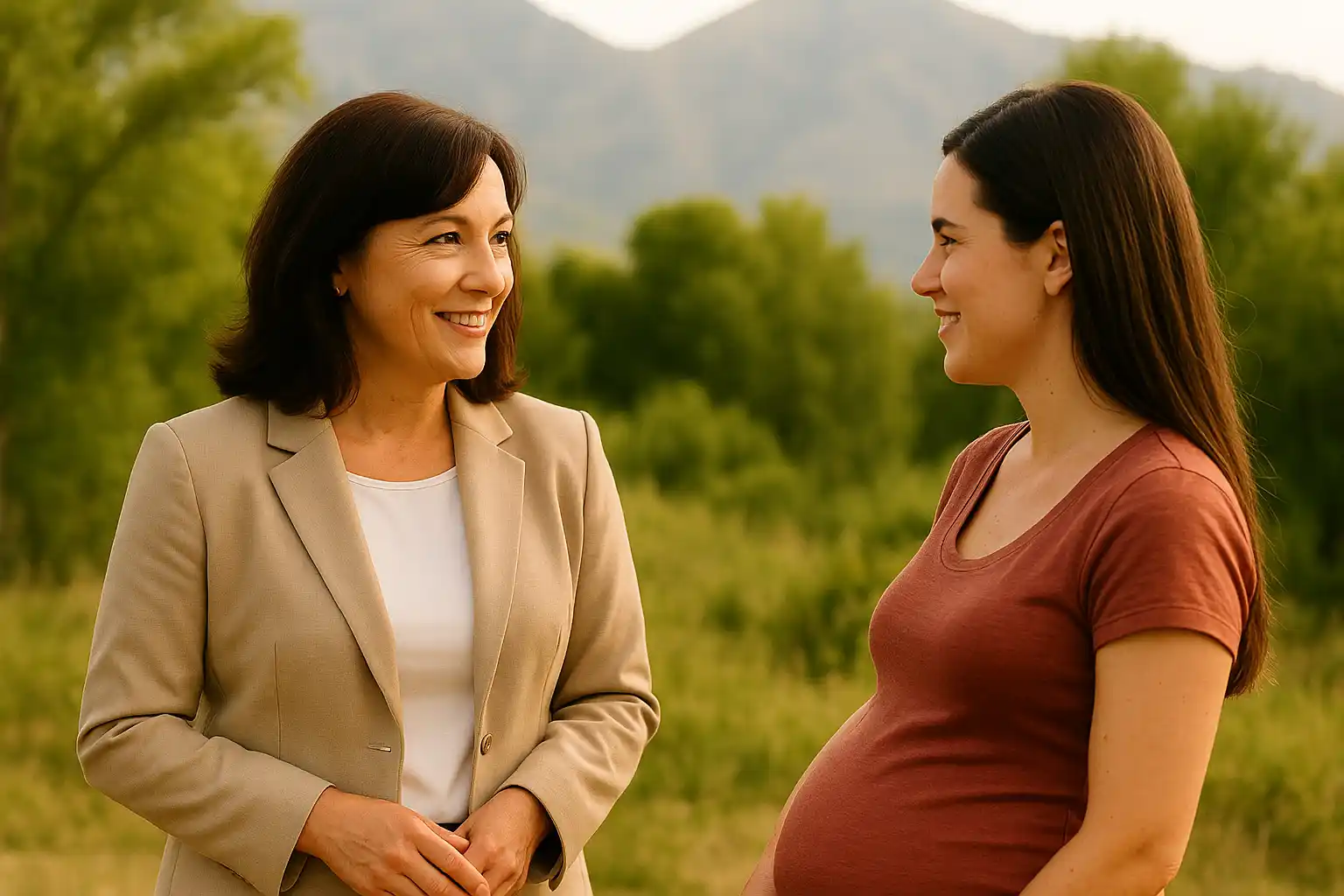
Comments